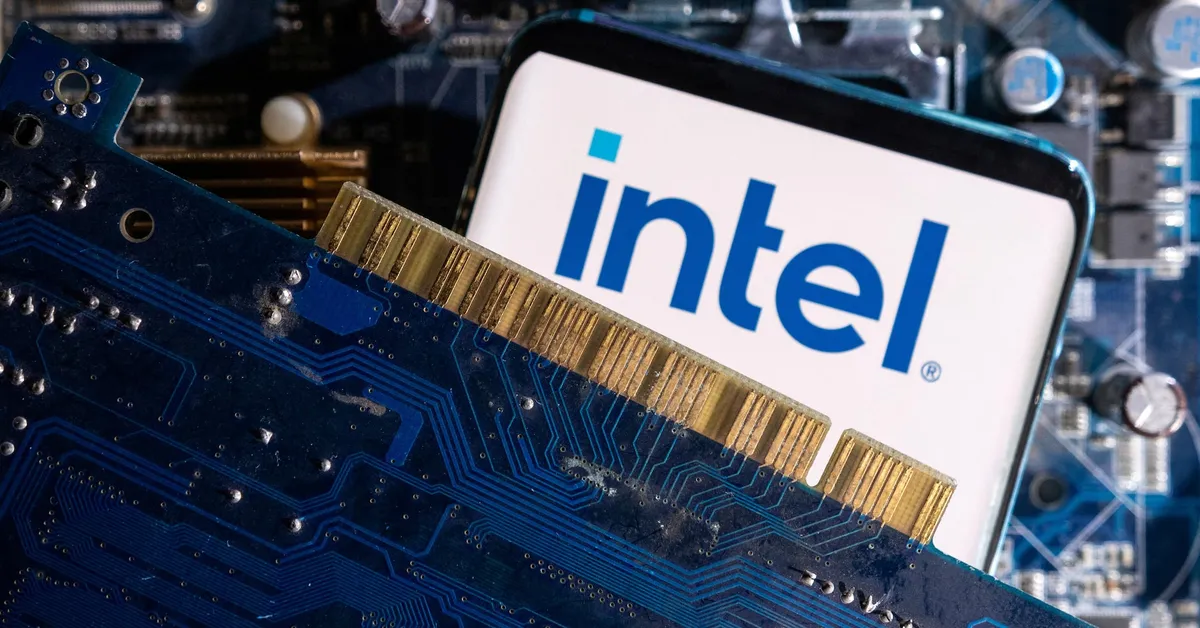
The Trump administration is reportedly in negotiations to acquire a 10% stake in Intel by converting a portion or all of the struggling tech giant's Chips Act grants into equity. This information comes from a recent report by Bloomberg News, which cited a White House official and other individuals familiar with the discussions.
Intel is set to receive a total of $10.9 billion in Chips Act grants aimed at bolstering both commercial and military production. This amount is approximately sufficient to cover the government's potential holding in the company. Despite the significant funding, Intel has refrained from commenting on the report, and the White House has not responded to inquiries for additional information.
Recent media reports indicated a possible U.S. government acquisition of a stake in Intel, following a meeting between Intel CEO Lip-Bu Tan and President Donald Trump. This meeting was reportedly prompted by Trump's request for the resignation of Intel's new chief, linked to connections with Chinese firms. Analysts suggest that federal backing could provide Intel with the necessary support to revitalize its struggling foundry business.
Despite the potential government support, Intel is still grappling with a weak product roadmap and difficulties in attracting customers to its new manufacturing facilities. David Wagner, head of equity and portfolio manager at Aptus Capital Advisors, noted that the involvement of the U.S. government in saving a prominent American company indicates that Intel's competitive position may be more precarious than previously thought.
Wagner expressed skepticism about the U.S. government investing taxpayer money into private companies, but he acknowledged that such a move might be preferable to allowing Intel to become a state-owned entity. Aptus Capital Advisors currently holds 80,581 shares of Intel.
Trump described his meeting with Tan as "very interesting" and has adopted an unconventional stance towards corporate interventions. Last year, Intel secured nearly $8 billion in subsidies, marking the largest allocation under the Chips Act, to construct new manufacturing facilities in Ohio and other locations. However, CEO Tan has since scaled back these ambitious plans, opting to slow construction in Ohio and focusing on building factories based on actual demand for services. This strategy may conflict with Trump's efforts to bolster American manufacturing.
As discussions continue between the Trump administration and Intel, the future of the company and its role in the U.S. tech landscape remains uncertain. The outcome of these negotiations could have significant implications for both Intel's recovery and the broader semiconductor industry.